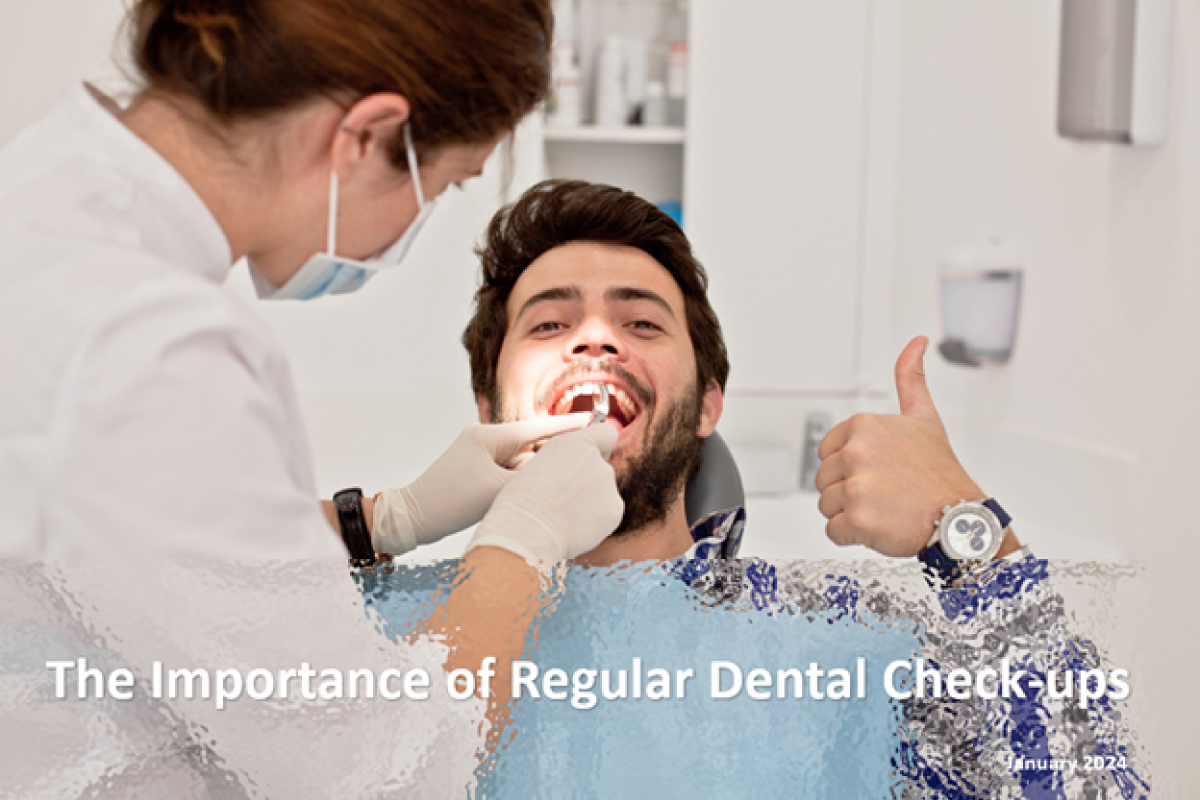
What You Need to Know About Thumb Sucking
Thumb sucking is normal for babies because it helps them relax, feel secure, and happy. At the age of two or three, thumb sucking should be minimal, and suck should be halted before the permanent teeth come in.
Thumb sucking that persists after the eruption of the permanent teeth can lead to dental and speech problems. Malocclusion or the teeth pushing outward can occur due to prolonged thumb sucking. Teeth pushing outward can be treated naturally if your child stops thumb sucking on his/her own, but if he/she continues thumb sucking, orthodontic treatment is likely the only option to help your child’s malocclusion.
On the other hand, speech problems such as not being able to say Ds, Ts, thrusting out tongue, and lisping when talking can occur due to prolonged thumb sucking.
If these problems occur, it is best to consult a dentist as soon as you can. Experts recommend that children who suck their thumbs may need treatment when they develop speech or dental problems. Children who ask for help to stop thumb sucking and feel embarrassed by other people also need professional help.
Home treatment such as positive reinforcement, identifying triggers and giving gentle reminders can help treat thumb sucking. Nevertheless, if home treatment doesn’t work, it is best to consult with your dentist for professional help. The use of thumb devices and behavioral therapy can help your children stop thumb sucking.
If you have questions on thumb sucking and its effect on your children’s oral health, please contact our dental office at Brown’s Line Dental in Etobicoke.
-The Browns Line Dental Team
Appointment Request
 Call Us
Call Us 

